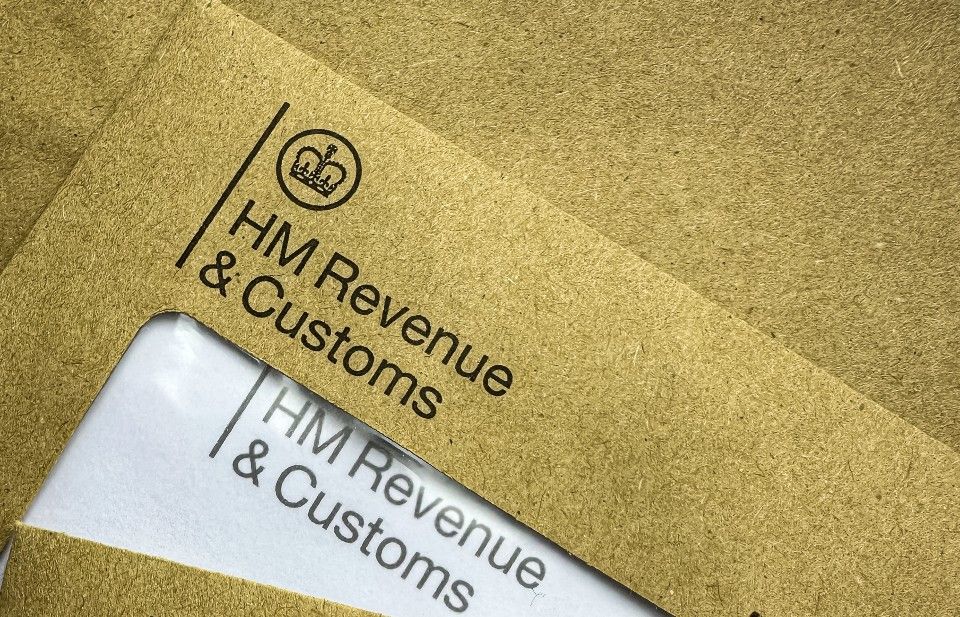It usually starts with a silent letter or an unexpected ping in your HMRC account. Most people brush it off, thinking it’s a generic reminder or some service update. HMRC's tax warnings, however, are nothing like formalities; they can be the first sign of severe financial consequences if overlooked.
In recent months, HMRC has ramped up its efforts to identify individuals and small businesses who may be underreporting income, misclassifying expenses, or simply missing deadlines. If you’ve received any form of notice or “nudge letter,” it’s important not to ignore it.
What Exactly Is a Tax Warning?
An HMRC tax notice can take different forms. Sometimes it's a request for you to check or correct a recent tax return. Sometimes it's a reminder that you haven't submitted your Self Assessment or paid what is due yet. And in worst-case scenarios, it might be a notice of investigation.
These warnings are sent according to the data that HMRC collects from elsewhere, like banks, employers, letting agents, and online marketplaces. If your reported income differs from what HMRC already has or is assuming, you may receive a letter inviting you to "come forward voluntarily" before penalties build up.
The warnings may sound polite, but are rarely sent without cause.
Why You Shouldn't Ignore the Early Signals
One of the most important things to realise is that a warning doesn't always mean you've done something wrong. But it does mean that HMRC is paying attention. Even minor mistakes like incorrectly categorising business expenses or forgetting foreign income can earn you a warning.
Timely compliance with these notices can make a huge difference. HMRC tax savings tend to be lenient with individuals who cooperate with honesty early on. Ignoring a warning may lead to:
· Late filing or payment penalties
· Overdue interest tax
· Formal inquiry, which is more stressful and invasive
· Suspension of right to claim certain reliefs or lesser penalty
Groups Being Targeted Right Now
While HMRC does not disclose its whole plan, several groups have been in the news recently:
· Landlords: Especially those with brief lets or undisclosed rental income.
· Freelancers and gig workers: With earnings from numerous clients or platforms.
· Crypto traders and online sellers: Due to irregular returns or ambiguity about what is taxable.
· High earners: Particularly those who do not need to file Self Assessment but have earnings above the threshold.
Even if you do not fall into these groups, you may receive a warning if your calculations do not add up.
What to Do If You're Given a Tax Warning
If you have been warned by HMRC, do not worry and move quickly. First, review your recent tax returns and account statements. If you find any mistakes, you may be able to fix them without paying a penalty.
It is normally wise to seek professional advice if you have no idea what triggered the warning. Occasionally, reporting the problem voluntarily in an approved way (like the Let Property Campaign or Digital Disclosure Service) helps reduce fines.
Above all, never assume that the letter was sent out by mistake.
Conclusion: Stay Alert, Stay Ahead
An HMRC warning is not the end of the world, but it will get much pricier if it's ignored. Treat it as a second opportunity to get your records in order, not a threat. In today’s increasingly data-driven tax environment, even unintentional mistakes can arouse suspicion. Also, look into the pricing software for bookkeepers.
Having your tax affairs in order, backed up by proper records, is your best defence. If HMRC ever pays a visit, you'll be glad that you paid attention when the first letter came.
